Keywords: Meanwhile
There are more than 200 results, only the first 200 are displayed here.
-
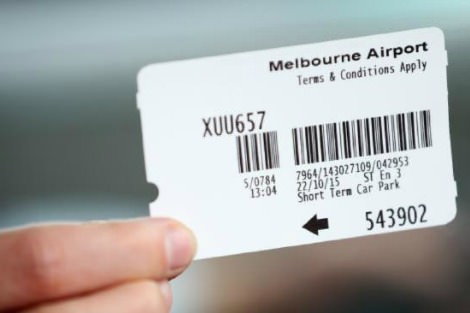
ECONOMICS
- David James
- 04 April 2017
13 Comments
It is increasingly evident how pernicious the privatisation myth is. Two recent examples have underlined it: the failings in Australia's privatised energy grid and the usurious pricing in airport car parks. Both demonstrated that it is folly to expect a public benefit to inevitably emerge from private profit seeking. The purpose of government funded public infrastructure is not to make profits but to lower the cost of doing business, sometimes called the socialisation of the means of production.
READ MORE 
-
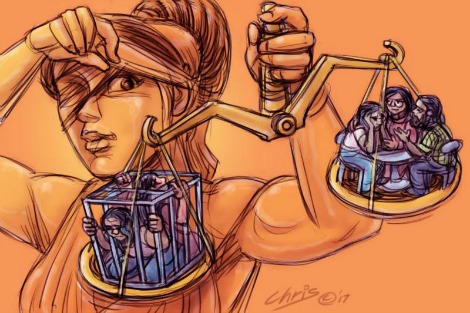
AUSTRALIA
- Ann Deslandes
- 31 March 2017
10 Comments
Australia was rated as the top destination for millionaire migrants in 2016 for the second year in a row. Meanwhile the latest Australian Institute of Health and Welfare reveal high correlations between prison entrance and indicators of entrenched poverty and discrimination. If we want our system for justice to amount to something more than a mirror of our inability to distribute wealth and opportunity evenly, we need to address the undeniable role wealth inequality has in putting people in prison.
READ MORE 
-
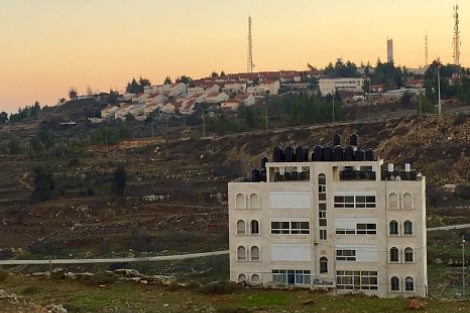
INTERNATIONAL
- Na'ama Carlin
- 28 March 2017
12 Comments
Some things are invisible until pointed out. Take the water tanks that pepper the rooves of buildings and homes in the West Bank. 'That's how you tell between Palestinian villages and Israeli settlements,' a friend points out. 'The Palestinian homes need water tanks because of restricted water supply from Israel, whereas the settlements don't.' Access to clean water is a fundamental human right, and the water situation in Palestine reveals a cruel privileging of one group over another.
READ MORE 
-

RELIGION
- Bill Wright
- 06 March 2017
4 Comments
Speaking of reform in the church can mean many things. Often it's about practical matters: sorting out the Vatican Bank, changing how bishops are chosen or clergy trained; that sort of thing. Occasionally, however, reform is about seeking real religious change. Martin Luther, I want to suggest, is one of those reformers who was not concerned with tinkering with structures of the church but with reforming the Christian message so that it might reform the believer.
READ MORE
-

RELIGION
- Frank Brennan
- 17 February 2017
3 Comments
The commission's forensic scrutiny of past actions of church officials in no way constitutes an interference with the freedom of religion. Its spotlight is to be welcomed, provided only that it is shone on a truly representative sample of all institutions which have been found wanting and provided the same light filter is applied to all institutions. I do however have a problem with the commission making findings on issues like the want of compassion when those findings are made only against a Church.
READ MORE
-

ARTS AND CULTURE
- Tim Kroenert
- 14 February 2017
1 Comment
There's a gag about sitting in the back of the bus, the realities of segregation dismissed with a giggle; references to university sit-ins and firebombings come via the eyes of a cartoonishly earnest character. Meanwhile the White characters are either the object of contrived sympathy, or too thinly drawn to invoke genuine menace. Accusations of 'cultural appropriation' might be uncharitable, but the short shrift given to the real, continuing hardships of Black experience raises questions about objectives and authenticity.
READ MORE 
-
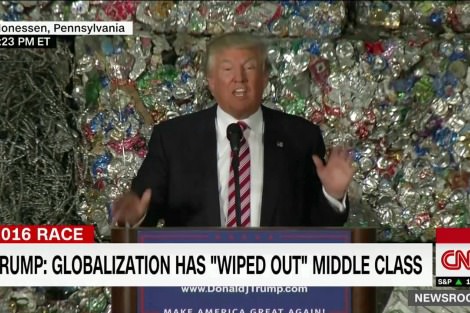
ECONOMICS
- David James
- 07 February 2017
10 Comments
Many defenders of globalisation express frustration at the rise of Trump and what they see as an ignorant and self-defeating backlash against its virtues. But they have no answer to the most pressing question: Is the global system there to serve people, or are people there to serve the global system? They also never address a central contradiction of globalisation: that capital is free to move, but for the most part people are not, unless they belong to the elite ranks.
READ MORE 
-

AUSTRALIA
- Ann Deslandes
- 06 February 2017
7 Comments
The recent viral footage of 'alt-right' spokesperson Richard Spencer taking a punch to the chops caused considerable debate. There is no doubting the moral clarity that non-violent resistance achieved in the civil rights movement led by Martin Luther King and the Indian independence movement led by Mahatma Gandhi, and the real result of justice for African American and Indian people. When it comes to the odd individual act of public pushing and shoving, though, asking 'Is it okay?' is a red herring.
READ MORE 
-
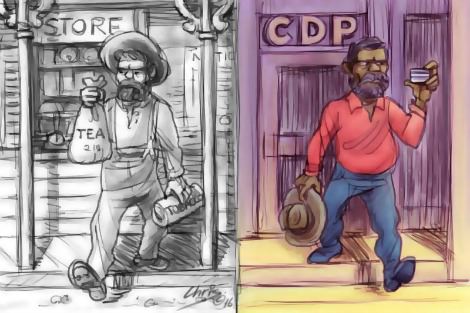
AUSTRALIA
- Celeste Liddle
- 02 December 2016
8 Comments
Indigenous workers of previous generations struggled and undertook strike actions so that their descendants would not be exploited and abused in the same way that they had been. While we may have many more Aboriginal people achieving and attracting higher waged work than we did in the years gone by, the exploitation of the most vulnerable in our community continues. The years may have ticked over, but the government's attitude to the value of Indigenous workers has not.
READ MORE
-
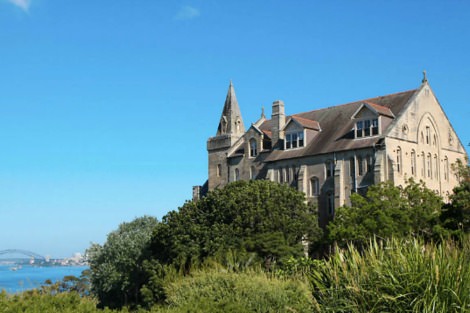
EDUCATION
- Michael Furtado
- 04 November 2016
12 Comments
Amid the furore surrounding Minister Birmingham's disclosure of figures showing massive discrepancies in public funding between some independent schools and low-SES schools, some facts need scrutinising. Systemic Catholic schools draw for their enrolment from lower-SES postcodes than independent schools. Postcodes being an indelible predictor of the educational chances of Australians, balancing systemic school funding against that of independent schools is politically and ethically problematic.
READ MORE 
-
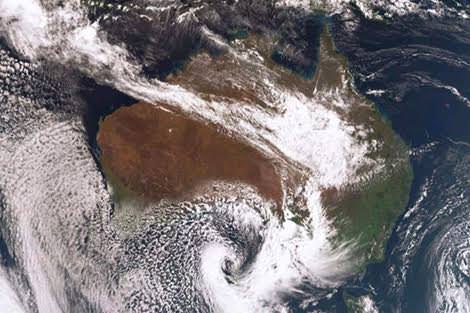
ENVIRONMENT
- Greg Foyster
- 21 October 2016
10 Comments
On 28 September an extreme storm lashed South Australia and the entire state lost power. How could this have happened? It's a question that has occupied the country for the last three weeks as politicians and commentators have peddled their unqualified opinions in an escalating culture war about the role of renewable energy. No one really knew what had happened until Wednesday this week, when the AEMO released its updated report. Even now, there are more questions than answers.
READ MORE 
-
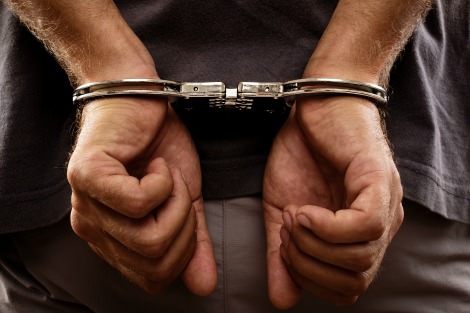
AUSTRALIA
- Shira Sebban
- 18 October 2016
12 Comments
Finally he is having his day in court. After 13 months languishing in limbo in immigration detention, he has been given the opportunity to be heard. Hopefully, it won't be long now before his case is determined and his torment resolved. Or so I thought. But in today's Australia, asylum seekers are not treated the same way as you or me. I meet him not as originally planned in the courtroom itself, but in the bowels of the building where he has been confined for the second day in a row to a tiny cell.
READ MORE 